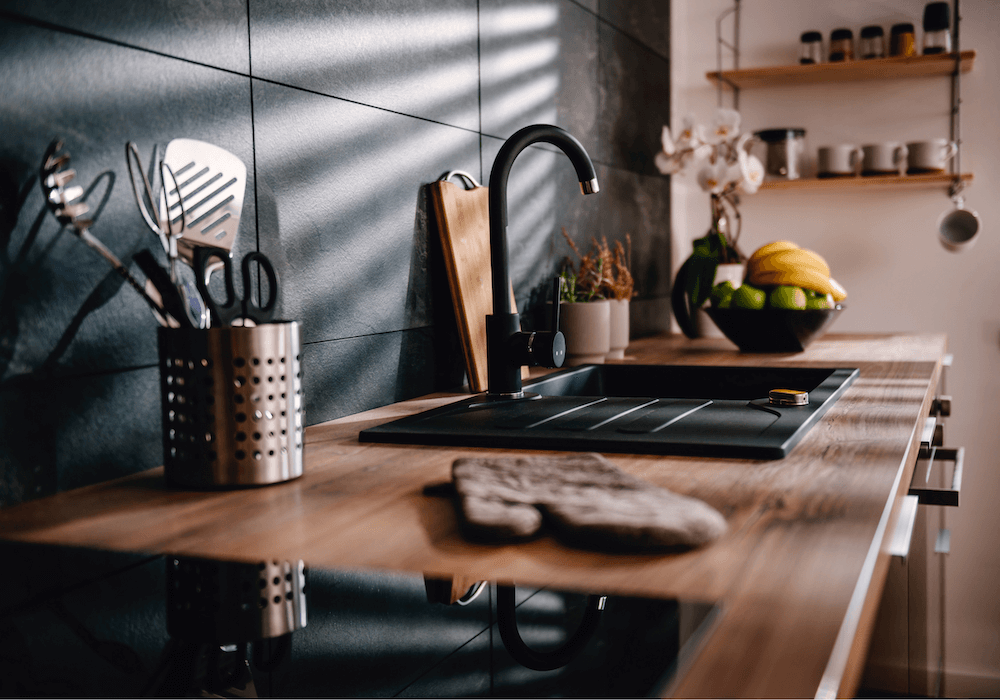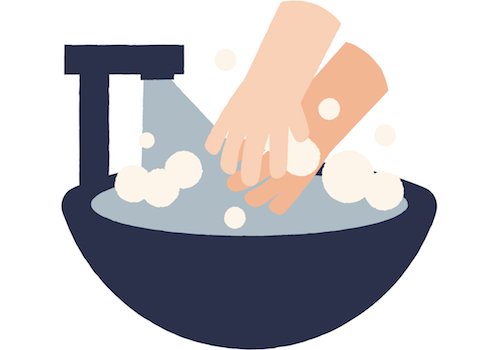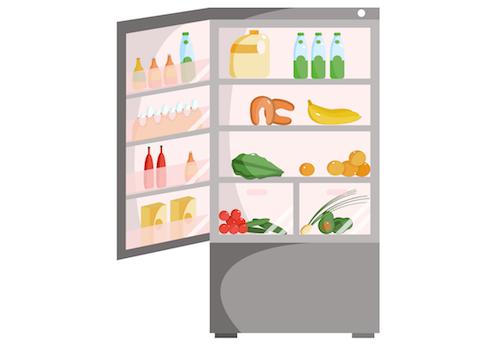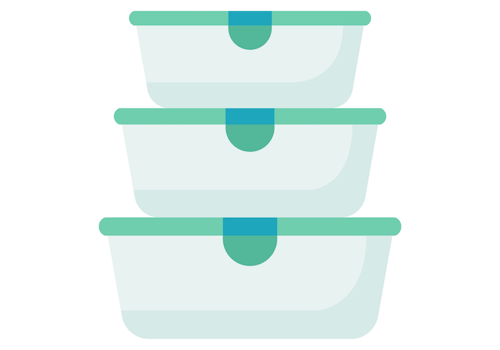
Following some easy food safety tips can keep you healthy while saving the planet and money, which
is a huge bonus. We hope you find these useful.
Wash your hands!
Always wash your hands before you prepare, cook or eat food. The Ministry of Primary Industries recommends:
- Washing your hands for 20 seconds using warm running water and soap.
- Cleaning under each fingernail using soap and a nail brush.
- Drying your hands for 20 seconds using a clean, dry towel or paper towel.1

Hand washing is essential at the moment, with Covid-19 and other bugs being in our communities. Ideally, avoid preparing food for others if you're sick. If this isn't possible, in addition to washing hands, turn away from food if you need to cough and use a tissue or elbow.
Cook and serve food at scorching temperatures, as this kills most viruses and bacteria and if possible, ask someone who isn't sick to serve food.
Clean, cook, chill
Following a few straightforward clean, cook, chill steps at home can help to keep your family safe.
Clean:
- Wash your hands with soap and dry well before handling, cooking, and eating food.
- Wash chopping boards and kitchen tools in hot, soapy water and dry well.
- Use different chopping boards for raw meat, seafood, and ready-to-eat foods.
- Don't wash raw meats as this will spread bacteria in your kitchen and may contaminate other food.
- When preparing to cook eggs, make sure the eggshells are clean, keep surfaces, utensils and hands clean and dry before and after handling.
Cook:
- Cook raw chicken, sausages, and mince patties all the way through. The best way to check this is via the meat juice - they should run clear, and the meat should not be pink in the centre.
- Cook eggs until the white is completely firm and the yolk begins to thicken
Chill:
- Keep eggs in the fridge after purchase.
- Refrigerate raw meat on the bottom shelf and separate it from cooked or other ready-to-eat foods.
- If eating outdoors, use a chilly bin with ice packs to keep food cold.

Understanding labels
The labels 'best before' and 'use by' mean different things. 'Best before' labels indicate a date where the food items are no longer at their best quality, but they are still safe to eat.
On the other hand, a 'use by' label means just that, and it is the 'use by' label that keeps you safe. It's important to remember that foods might not look or smell bad once they hit their use-by date, so always check, and if that date has passed, discard the food item appropriately.
Leftovers
Leftovers are ideal, and they're easy and economical. The best thing you can do to store leftovers safely is ensure your fridge is at the right temperature, between 2 and 5 degrees celsius. You also want cool air circulating around your leftovers, so make sure your fridge isn't too jam-packed.

One question often asked is about putting leftovers in the fridge. The Ministry of Primary Industries recommends letting hot food cool at room temperature for 30 minutes before putting it in the refrigerator. It's best to pop leftovers in the fridge within 2 hours of cooking, especially if the food is a salad.
You can also freeze your freshly cooked leftovers. Thaw them out in the fridge instead of on the benchtop as your fridge maintains a safe temperature when you're ready to eat them.
Lastly, leftovers should only be reheated once to a scorching temperature to ensure any harmful potentially bacteria is killed2.
Food recalls
A food recall may occur when a food item is contaminated or mislabeled. If any food item you may have purchased is recalled, avoid opening it and eating it. Check the recall notice for instructions, as you can return the product and obtain a refund.
If you have opened it, wash your hands thoroughly afterwards and if you have eaten it, dispose of any leftovers correctly, including keeping it well away from animals. We also recommend you stay aware of foodborne illness symptoms.
We hope these food safety tips help you in your home. Subscribe to our blog to receive more updates about food safety at home.
References:
1. Ministry of Primary Industries - Food Safety at Home
2. Ministry of Primary Industries - Tips to safely make food last longer
